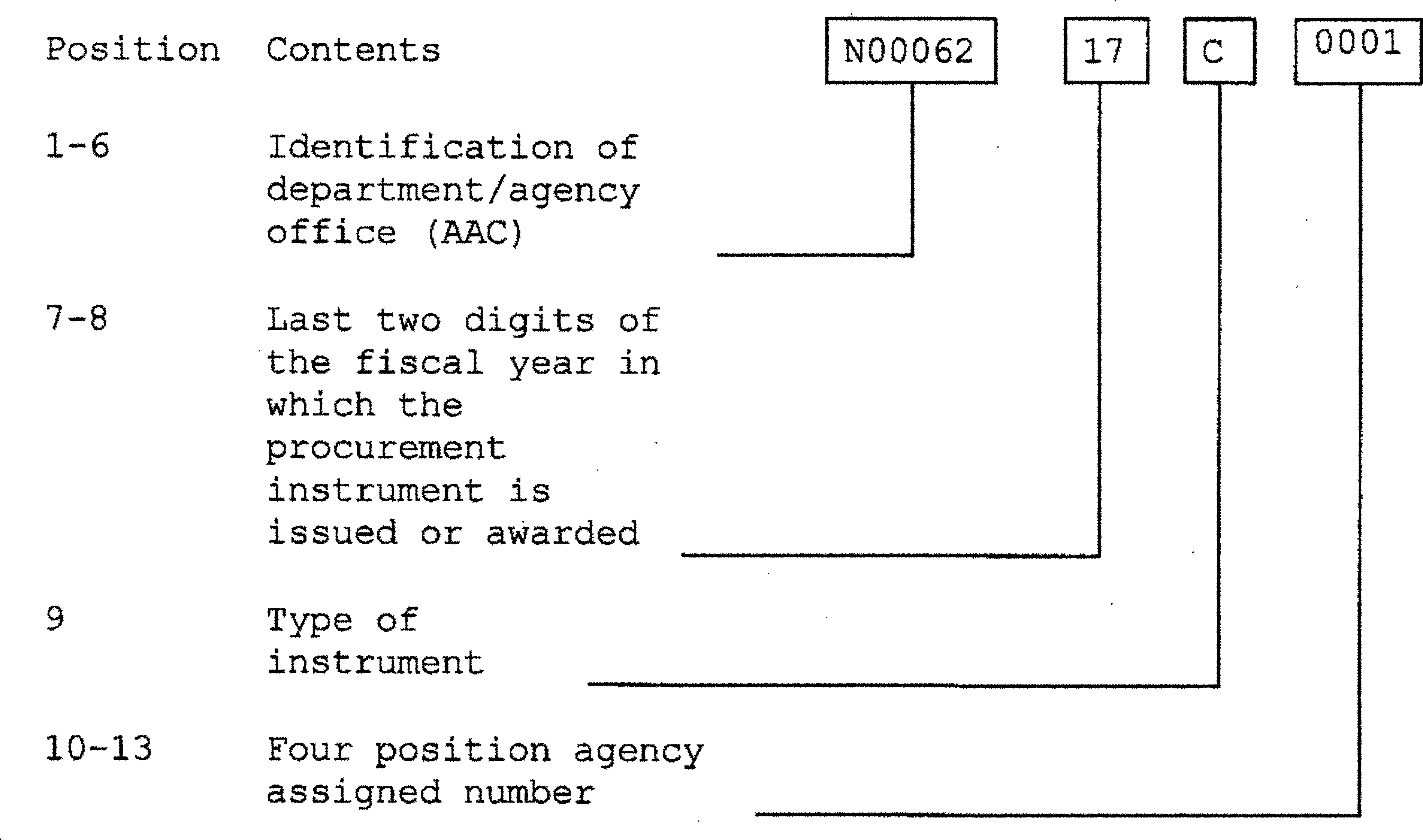The Canadian federal government has taken a bold step in regulating consultant contracts, implementing new procurement rules that impose a $20 million cap on time-based work. This move, while ostensibly aimed at curbing overspending and improving accountability, raises critical questions about the future of public service, transparency, and the role of private consultants in government operations.
Understanding the New Procurement Rules
As reported by The Hill Times, these procurement changes are a direct response to widespread criticism regarding the government’s reliance on external consultants, which has ballooned in recent years. By capping contracts, the government aims to rein in costs and mitigate the risks of inflated consulting fees that often burden taxpayers.
Potential Impacts on Public Service
This $20 million cap could have far-reaching impacts on public service and the quality of services provided. While proponents argue that it will foster more efficient spending, critics warn that such limitations may inadvertently stifle innovation and the ability to engage specialized expertise when needed. As a former software engineer, I understand the delicate balance between cost control and the necessity of expert guidance in navigating complex technology challenges.
\n\n
Federal Register :: Federal Acquisition Regulation; Uniform ...
Consultants and the Future of Governance
The growing reliance on consultants has sparked debates about the erosion of institutional knowledge within the government. As Canada becomes increasingly reliant on external consultants for critical services, the risk of creating a knowledge gap within public service agencies looms large. This procurement reform could exacerbate those issues, especially if it leads to a decrease in the number of consultants willing to engage with government projects due to perceived financial constraints.
The Question of Transparency
These procurement rules also raise essential questions about transparency and accountability. With significant sums of taxpayer dollars at stake, it is crucial that the mechanisms for awarding these contracts remain open and scrutinized. The government must ensure that the procurement process is not only fair but also accessible to a diverse range of suppliers, thereby fostering competition and innovation. As reported by Wikipedia, Canada prides itself on its multiculturalism, and this should extend to its economic practices.
\n\n
Home Main - Alpha Timeshare Consultants
Protecting Digital Rights and Privacy
Furthermore, with technology playing an increasingly vital role in government operations, the implications for digital rights and privacy cannot be overlooked. The procurement process must include rigorous standards for data protection and cybersecurity to safeguard citizens" information from potential misuse by consultants. As we move forward, it is essential to embed privacy considerations into the fabric of these procurement rules.
In a rapidly evolving technological landscape, the government"s commitment to regulating consultant contracts is a step in the right direction, but it must be accompanied by robust frameworks that prioritize public interest over private profit. The balance between cost efficiency and quality service delivery will define the future of governance in Canada.

![[Video] Anti-ICE Protester Pepper Sprayed as CBP Agents Disperse Crowd in Minneapolis](/_next/image?url=%2Fapi%2Fimage%2Fthumbnails%2Fthumbnail-1768260677127-y71sb7-thumbnail.jpg&w=3840&q=75)

![[Video] Several injured as U-Haul truck drives through Iranian protestors in Los Angeles](/_next/image?url=%2Fapi%2Fimage%2Fthumbnails%2Fthumbnail-1768176682028-q95y6j-thumbnail.jpg&w=3840&q=75)
![[Video] Scuffle breaks out between Trump supporters and Anti-ICE protesters in Times Square](/_next/image?url=%2Fapi%2Fimage%2Fthumbnails%2Fthumbnail-1768165958203-hgcgb-thumbnail.jpg&w=3840&q=75)


![[Video] Gunfire between Iraqi security forces and Sadr militias in Baghdad](/_next/image?url=%2Fapi%2Fimage%2Fthumbnails%2Fthumbnail-1768343508874-4redb-thumbnail.jpg&w=3840&q=75)
